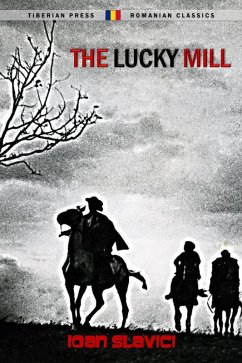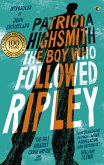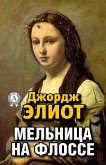The Lucky Mill (original title in Romanian, Moara cu noroc) is a fascinating 19th century psychological thriller, and the most important work of the Romanian realist author Ioan Slavici.
"Awesome! This book is a must-read! So amazed to re-discover Slavici`s originality. Deep meaning, real, well created characters, moral lessons... all these make Moara cu noroc a valuable and important book! Really proud that Ioan Slavici is a Romanian writer!" --Cristina Istrati "This book is amazing, it teaches us how money can ruin a family and that we must take care of every decision we make in life. Every decision we make can influence our lives and the lives of others, every day of life is important and must be lived to the fullest." --Andrei Stoian "I adored this book. I don't care what school books say, THIS IS GOTHIC LITERATURE. And this is good. Very good. The relationship between Ana and Ghița is just... shocking, if I may say. Beautiful, dark, Gothic book. Worth the read. Slavici, you've amazed me!" --Melisa Esra "Ioan Slavici's work has a profoundly popular quality, what with the moral concept of its theme and its love for the human soul. He is a true master of building dialogues and interior monologues, and examining the reactions, inner feelings, and thoughts of his characters." --Mirela Alexandra "The story is effective at conveying the feeling of oppressive fear in one's own home, of being trapped and forced into a degrading situation and unable to do anything about it, with no one but yourself to protect your interests. The protagonists take on epic qualities, it is easy to forget they are men of little consequence and power beyond what they create by playing "the game." It's a glimpse into an old world, heroic and epic, oppressive and afraid. The evil character, a dashing Transylvanian swine herder, has a dark and brooding bloodlust, a raw sexuality that gives the story punch; it's easy to see how Bram Stoker found inspiration in this part of the world for his most famous character." --Stephen Balbach
Dieser Download kann aus rechtlichen Gründen nur mit Rechnungsadresse in A, B, CY, CZ, D, DK, EW, E, FIN, F, GR, H, IRL, I, LT, L, LR, M, NL, PL, P, R, S, SLO, SK ausgeliefert werden.









